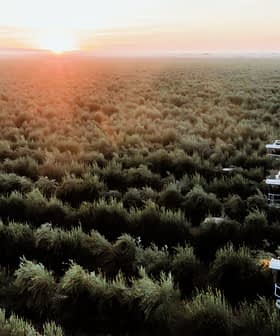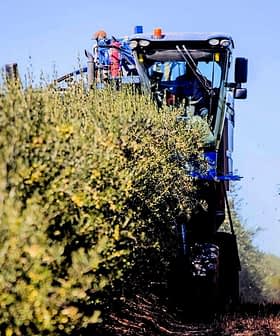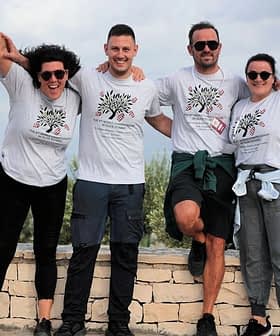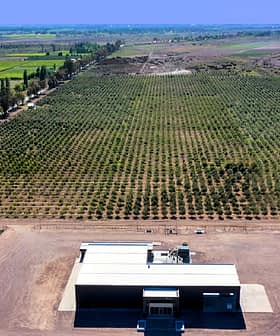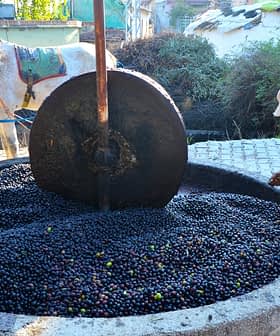The Argentine region of Cuyo, which comprises the provinces of Mendoza, San Luis, La Rioja and San Juan, is characterized by warm, dry summers and mild winters; ideal growing conditions for olive trees. Cuyo could be producing olives on par with some of Europe’s most prolific agricultural regions, but certain organizational problems, among them a recent absence of able workers, are hindering the region’s potential.
In 2011 olive cultivation in Cuyo is expected to grow an astonishing 40 percent, but nearly half of this green gold will never make it to store shelves. There are simply not enough workers to harvest the olives, which must be individually handpicked and harvested. This scarcity of workers, compounded with the low international price of olive oil, is making it impossible for Argentina to compete with top producers in countries like Spain and Italy, who also receive hefty government subsidies.
The vast majority of migrant farm laborers in the region are Bolivians, whose long days are spent harvesting grapes, tobacco, sugar, tomatoes, olives and other crops on different plantations throughout Argentina. Mendoza is home to Argentina’s second largest population of Bolivians, most of which work in the olive and grape farms in nearby Maipu.
Industry leaders say they have never seen such a scarcity of labor in both the olive and grape sectors, despite a 2010 presidential decree providing migrant workers with universal child allowance and other benefits. In general Bolivian workers, not native Argentines, are the ones who rely on these services, but rarely access them due to the enormous time and effort it takes to get on the social assistance payroll.
Still many workers receive the government handouts yet don’t report to work. Rodolfo Vargas Arizu, President of Mendoza’s Olive Committee, sees this is as one of the main causes of the problem. “We should work together to find a creative solution to the problem of how to reward hard work instead of subsidizing leisure,” Arizu told Clarin newspaper.
Bolivians are superior workers, according to Arizu, who says that a typical Bolivian can produce 14 bags of olives a day whereas the average Argentine laborer brings in just eight. The few Argentine olive pickers in Cuyo tend to be older people who harvest olives each year to stay active but not because they need the money. Bolivian laborers, on the other hand, travel throughout the country in search of work as they eek out a living on low wages. For each 44-pound bag they fill with olives they receive between $2.46 and $3.45.
Cuyo’s olive oil industry will continue to face the worst crisis it has seen in thirty years, according to Arizu, until it finds a way to combat the labor problem and turn olives into a viable export industry like wine.


